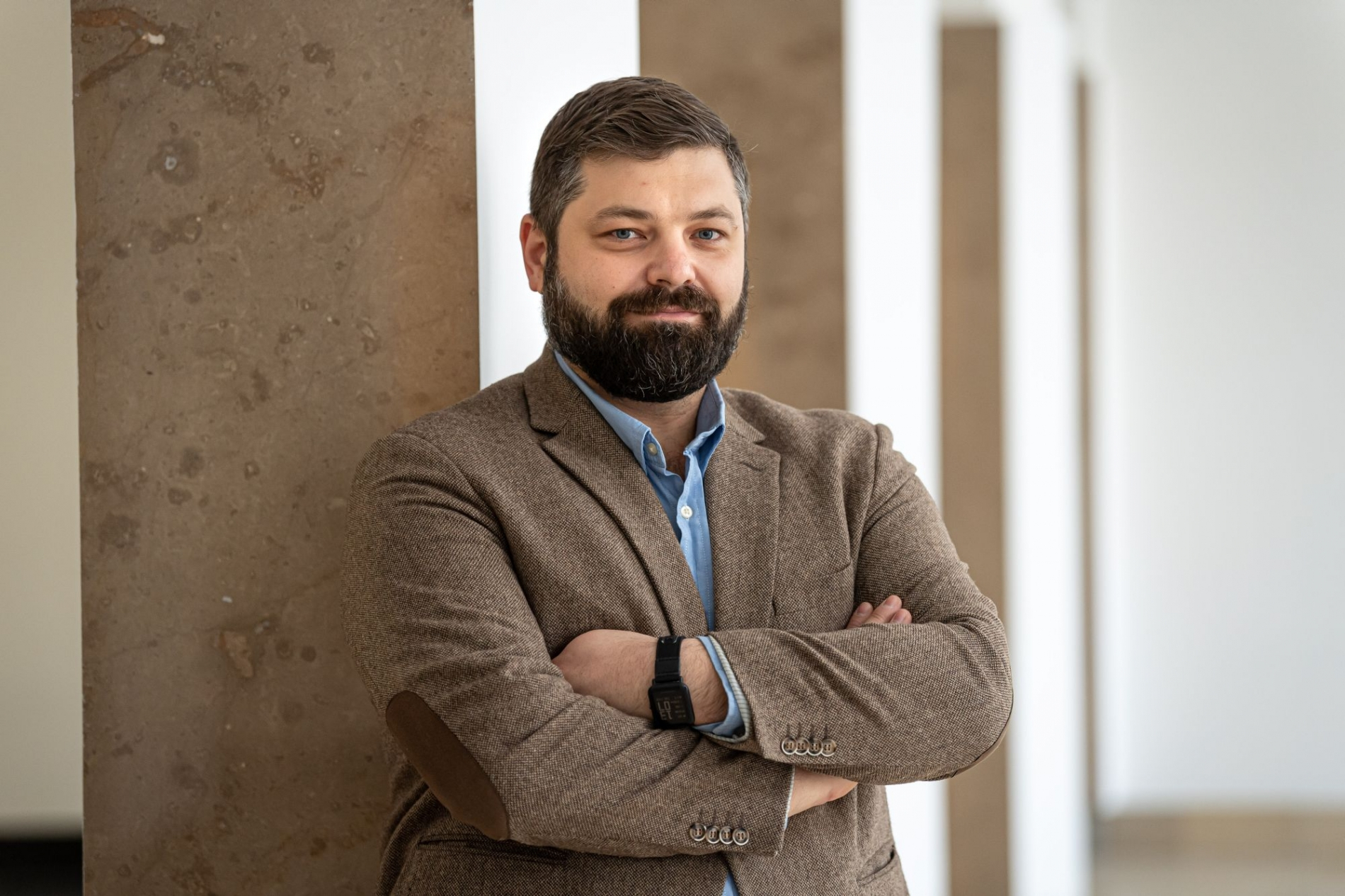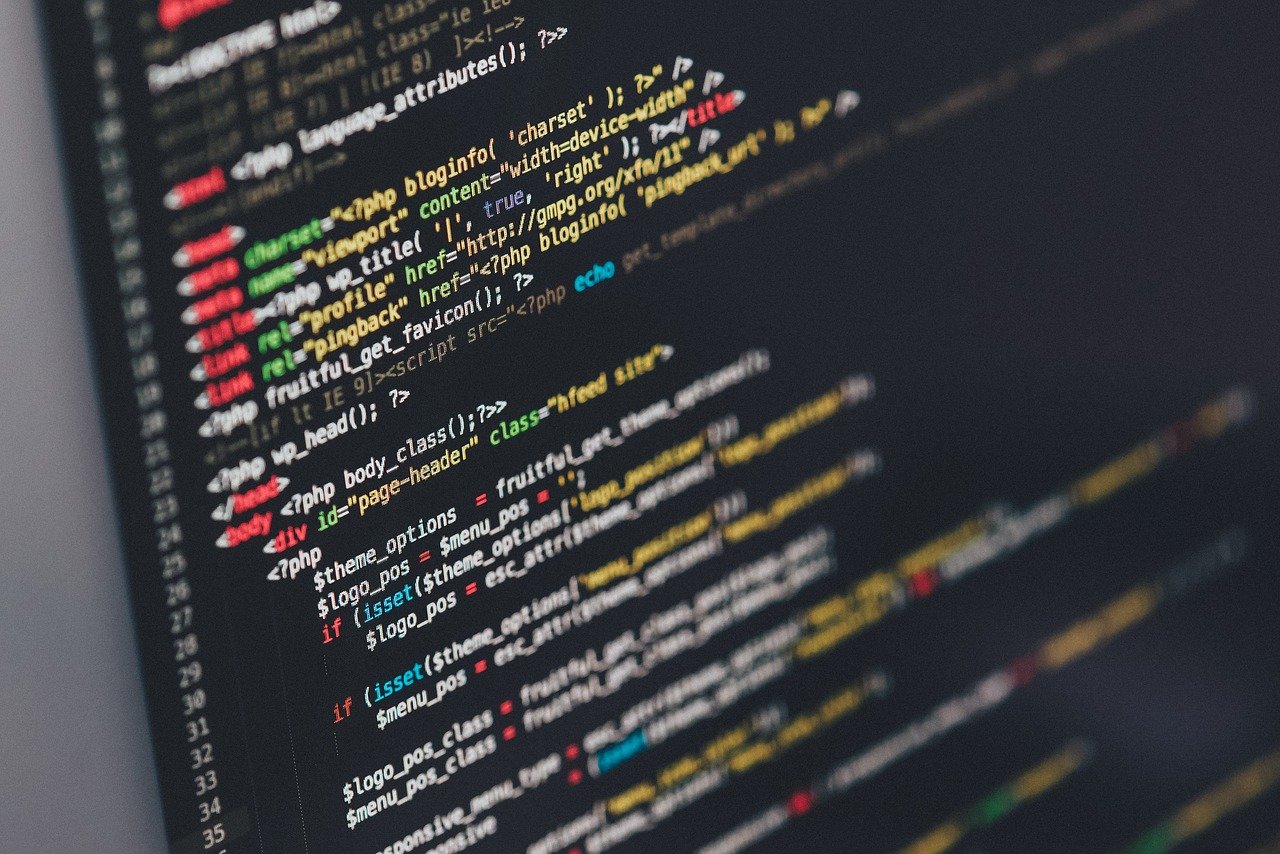YOUR BROWSER IS OUT-OF-DATE.
We have detected that you are using an outdated browser. Our service may not work properly for you. We recommend upgrading or switching to another browser.
Date: 06.10.2023 Category: general news, international cooperation, science/research/innovation
Developing a tool to facilitate searching for court decisions is the main objective of the JuDDGES project, which involves researchers from Wrocław University of Science and Technology and two universities from France and the UK. The team working on the project received a grant amounting to over 1.1 million PLN.
The funding comes from the Open & Re-usable Research Data & Software (ORD) competition run by the CHIST-ERA network, which supports research into information and communication technologies.
 Among the nine winning projects, there were as many as five with Polish scientists involved, two of which being headed by Poles, one of whom is Professor of the University Tomasz Kajdanowicz, PhD, Eng. of the Faculty of Computer Science and Telecommunications. To carry out the two-year research project, our researcher received a grant of 1,134,600 PLN.
Among the nine winning projects, there were as many as five with Polish scientists involved, two of which being headed by Poles, one of whom is Professor of the University Tomasz Kajdanowicz, PhD, Eng. of the Faculty of Computer Science and Telecommunications. To carry out the two-year research project, our researcher received a grant of 1,134,600 PLN.
Under the name “JuDDGES – Judicial Decision Data Gathering, Encoding and Sharing”, the project will be carried out by a consortium of three universities, which in addition to Wrocław Tech includes Middlesex University London (UK) and Université Claude Bernard Lyon 1 (France). The team will work on data from the British and Irish Legal Information Institute (BAILII) and the Common Courts Judgments Portal.
“The project consists in the development of an AI-based tool that will allow researchers to analyse unstructured textual data from court records and written court judgements,” says Prof. Tomasz Kajdanowicz. “We want to provide researchers with access to this data in a resource, cost, and time-efficient manner while adding further information to the database. In the long term, the project is expected to contribute to the technological advancement of a scientific approach to forensic practice,” he adds.
 The team will use artificial intelligence to catalogue, collate, and identify vector representations of verdicts and perform semantic similarity analyses. The project will be based on machine learning methods, including natural language processing (NLP), in particular Transformer-based technologies. The so-called human-in-the-loop technology will also be incorporated into the tool, which will allow the researchers to add annotations on an individual and continuous basis.
The team will use artificial intelligence to catalogue, collate, and identify vector representations of verdicts and perform semantic similarity analyses. The project will be based on machine learning methods, including natural language processing (NLP), in particular Transformer-based technologies. The so-called human-in-the-loop technology will also be incorporated into the tool, which will allow the researchers to add annotations on an individual and continuous basis.
“Our work will result in an AI tool to analyse court data and a data set aligned with FAIR principles, which we will make available in a data repository. The whole thing will contribute to the development of Open Science practices and principles in the legal community,” explains Prof. Tomasz Kajdanowicz. “The tools and data to be developed could prove valuable to various entities that make up the judicial system, such as ministries of justice, judges, judicial guidance organisations, and other law-related entities,” he explains.
Indeed, with the resulting solutions, researchers, students, and practising lawyers will be able to automatically obtain fine-grained data on the practice of law based on hundreds of thousands of judgements. This will allow the identification of similarities and differences in the context of the facts surrounding a particular regulation, the development of question-and-answer systems, the identification of consistency or differences in the interpretation of a given regulation, and much more.
The project is planned to run for two years. The full list of CHIST-ERA ORD competition winners is available on the NCN website.
mic
Our site uses cookies. By continuing to browse the site you agree to our use of cookies in accordance with current browser settings. You can change at any time.